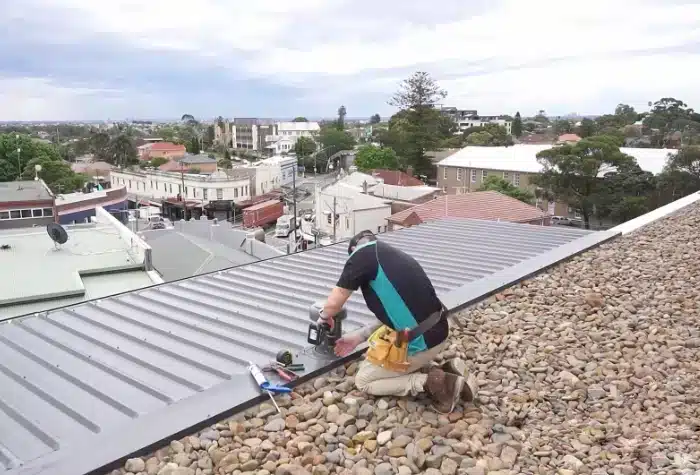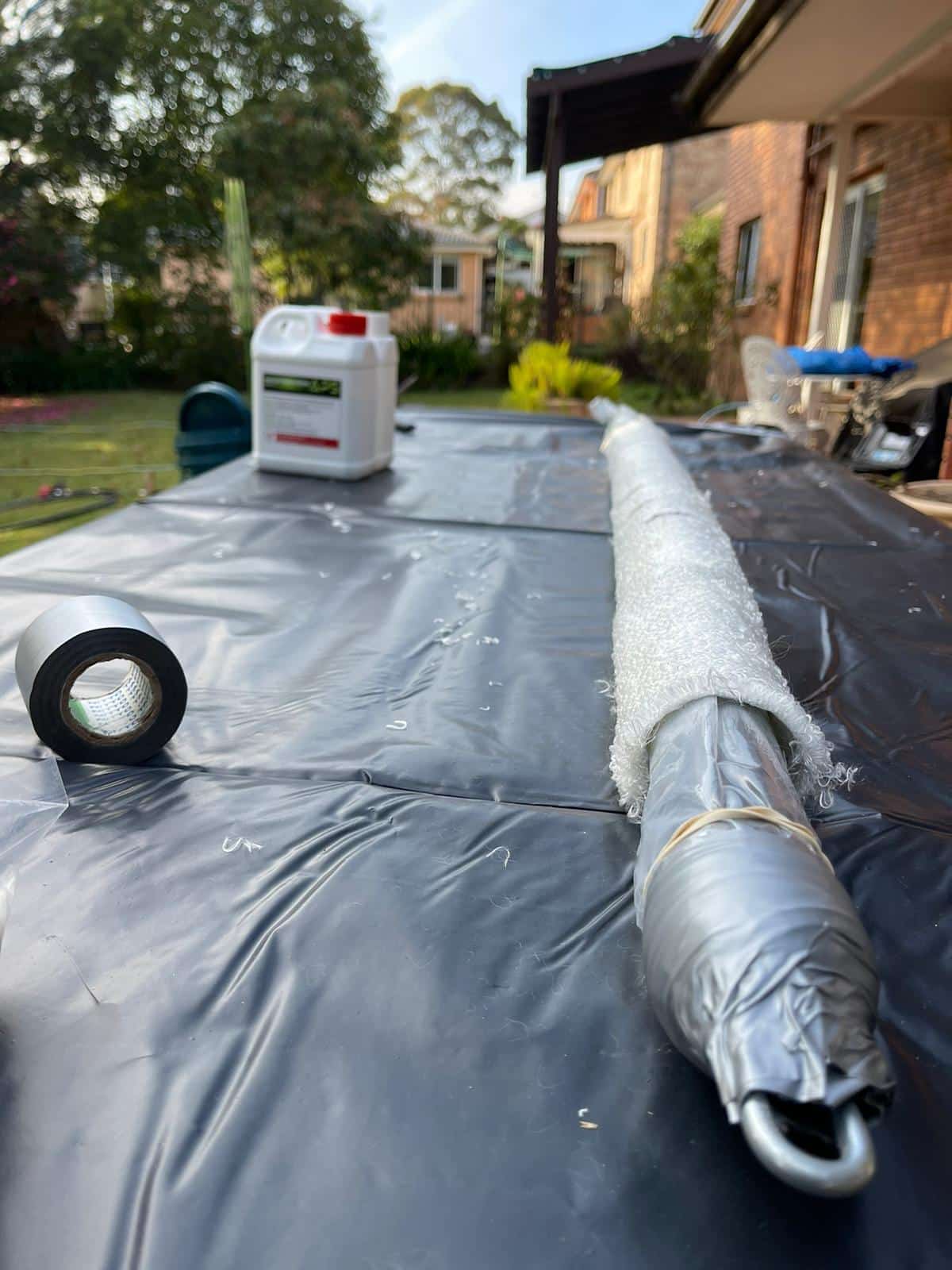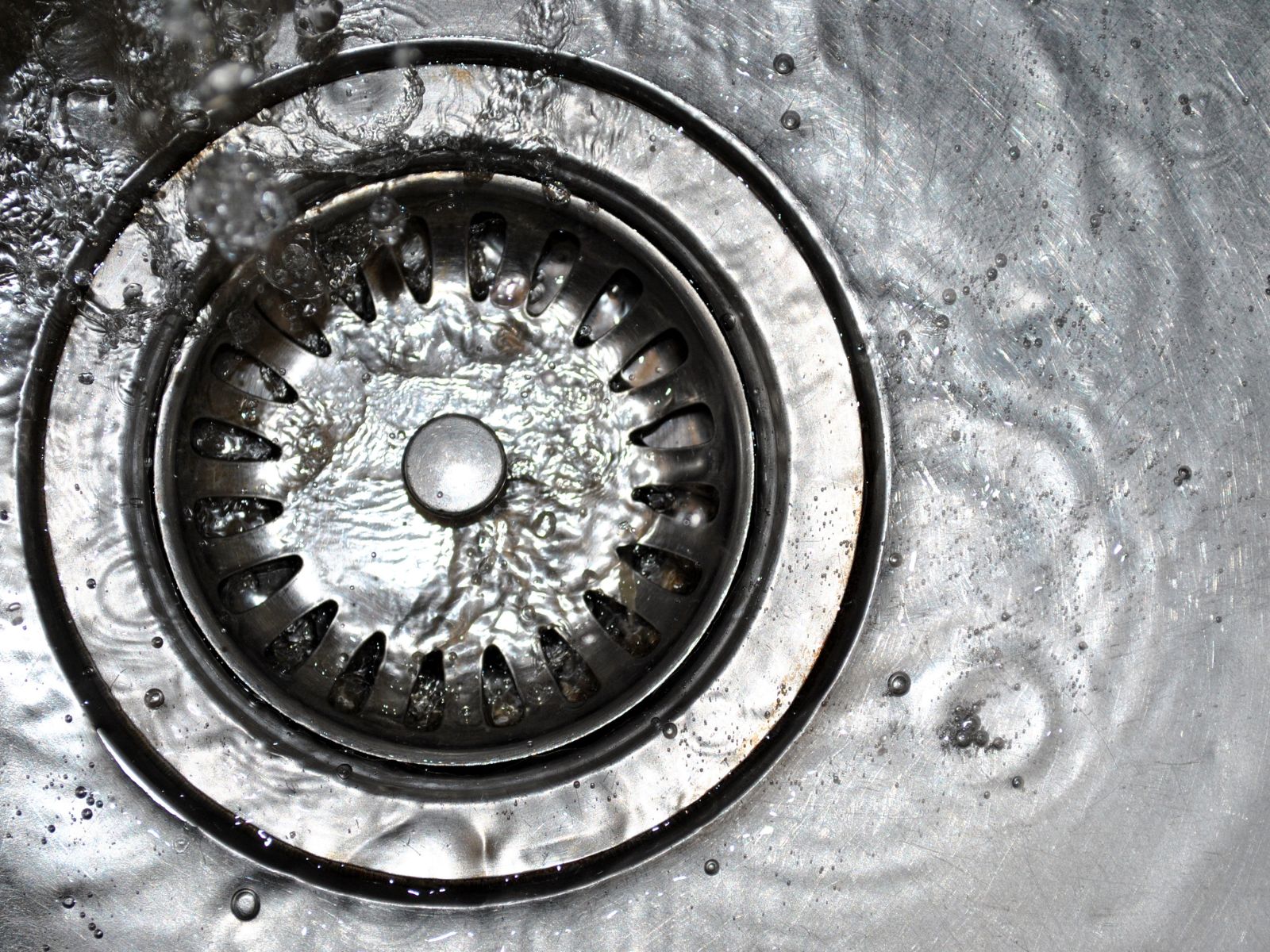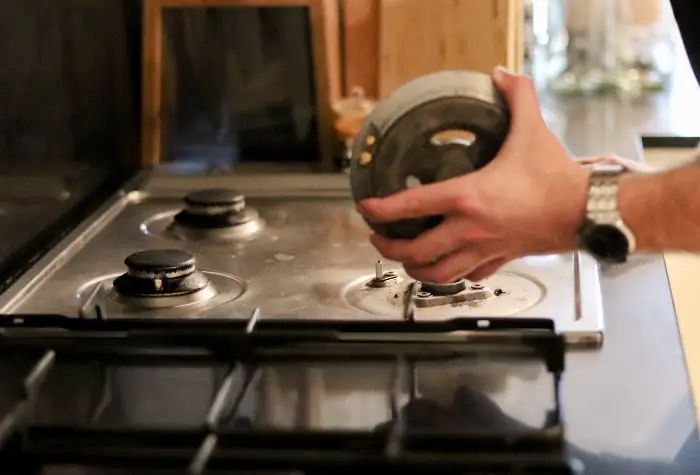Roof plumbing is a critical yet often overlooked aspect of maintaining a home or building, so hiring an experienced roof plumber can be beneficial . It refers to the installation, maintenance, and repair of roof drainage systems designed to manage rainwater runoff, such as gutters, downpipes, and flashing. Without proper roof plumbing, homes are at risk of water infiltration that can lead to severe structural damage and costly repairs. In this guide, we will explore the importance of roof plumbing, the role of a roof plumber, and why ensuring your roof plumbing system is in good condition is essential for the longevity and safety of your property.
What is Roof Plumbing?
Roof plumbing is a specialised field that involves installing, maintaining, and repairing components like gutters, downpipes, roof flashing, and rainwater tanks. The goal is to direct rainwater away from your home into stormwater systems, preventing water from infiltrating your roof, walls, and foundation.
This vital aspect of plumbing helps maintain your home’s structural integrity by preventing leaks, rot, and mould. Roof plumbing acts as your first line of defence against water damage, reducing the risk of costly repairs.
The Role of a Roof Plumber
A roof plumber is a highly skilled tradesperson responsible for installing, maintaining, and repairing various components of your roof plumbing system. Their work goes beyond the traditional role of a plumber, as they focus specifically on managing rainwater runoff, which can quickly escalate into a plumbing emergency, and ensuring that your home’s drainage pipes function effectively.
The key duties of a roof plumber include:
- Installing and maintaining gutters, downpipes, and other drainage systems.
- Repairing leaks in the roof and ensuring that all flashings are correctly fitted and sealed.
- Carrying out regular inspections of the roof plumbing system to identify potential issues before they become major problems.
- Ensuring that the roof plumbing system complies with local building codes and regulations.
- Repairing or replacing worn or damaged roofing materials to prevent water damage.
Roof plumbers are essentially the custodians of your home’s roof, ensuring its longevity and the prevention of water damage through their expert knowledge of roofing materials and systems.
Roof Plumbing vs. Regular Plumbing
While both roof plumbing and regular plumbing fall under the same industry, they serve distinctly different purposes and require unique skill sets, especially when dealing with varying weather conditions .
Roof plumbing focuses primarily on managing water drainage on the roof, including elements like gutters, downpipes, flashing, and rainwater harvesting systems. It is concerned with preventing water from entering your home through the roof, ensuring proper water flow which can lead to significant damage if not properly managed.
Regular plumbing, on the other hand, deals with the installation, maintenance, and repair of water supply systems, sanitary plumbing, and heating systems inside the home. This includes the installation of water pipes, hot water systems, and fixtures like taps, toilets, and sinks.
Although both types of plumbing are essential for the proper functioning of your home, roof plumbers require specialized training and expertise to handle the challenges posed by working at heights and dealing with the elements.
The Importance of Roof Plumbing
The importance of roof plumbing cannot be overstated. A well-maintained roof plumbing system acts as a protective shield for your home, safeguarding it from the elements and preventing the onset of water-related damage. Some of the key benefits of proper roof plumbing include, especially for homeowners :
1. Water Damage Prevention:
A properly functioning roof plumbing system directs rainwater away from your home, preventing leaks that could damage your roof, walls, and foundation. Left unchecked, water infiltration can lead to rotting timber, weakening of structural components, and the growth of mould.
2. Preserving Structural Integrity:
Over time, water can erode roofing materials and weaken the overall structure of your home. Roof plumbing helps protect against these issues by ensuring rainwater is diverted away from vulnerable areas.
3. Increased Property Value:
A well-maintained roof plumbing system not only protects your home from damage but also adds value to your property. Prospective buyers will be more likely to invest in a property that has a reliable and efficient drainage system in place.
4. Water Conservation:
Roof plumbing systems, such as rainwater tanks, can be used to collect rainwater for use around the garden or for other non-potable purposes. This contributes to water conservation efforts, reducing reliance on mains water.
5. Enhanced Longevity:
Regular maintenance of your roof plumbing system ensures its longevity, minimising the need for costly repairs and replacements down the line.
Identifying Roof Plumbing Issues
Early detection of roof plumbing issues, such as a leaky roof or damaged ceiling , is crucial to prevent extensive property damage. Common signs of problems include:
Leaky gutters:
Gutter leaks can lead to water dripping onto the walls and foundation, causing significant damage over time.
Clogged or overflowing gutters:
Blocked gutters prevent water from flowing freely, which can result in water spilling over and causing damage to the roof and walls.
Mould growth:
Persistent moisture due to poor roof plumbing, often caused by debris, can result in the growth of mould and mildew, which can impact the air quality and pose health risks.
Sagging rooflines:
If your gutters and downpipes are not functioning properly, excess water can cause the roof structure to sag or warp.
Water stains on ceilings:
These can indicate leaks in the roof or faulty plumbing systems allowing water to seep into your home.
Ignoring these issues can lead to severe damage, which is often costly to repair. Roof plumbers are trained to identify and fix these issues early, preventing more significant problems in the future.
Hiring a Roof Plumber
When looking to hire a roof plumber, it’s essential to consider several factors to ensure you’re getting the best possible service:
1. Qualifications and Experience:
Ensure the roof plumber has completed a comprehensive apprenticeship program (typically four years) and holds a Certificate III in Roof Plumbing. Experience in handling various roofing materials and plumbing systems is also important.
2. Insurance:
Verify that the plumber has insurance coverage that is specifically tailored to the risks associated with roof plumbing. This ensures that both you and the plumber are protected in case of accidents or damage during the job.
3. References and Reviews:
Check for customer reviews or ask for references to ensure the plumber has a proven track record of quality work.
4. Specialisation:
Roof plumbers often work with a variety of materials, including metal roofing, tile roofing, and non-metallic materials. Ensure the plumber has experience with the specific type of roof you have.
Plumbing Vents and Their Importance
A plumbing vent pipe is an essential part of your home’s plumbing system. The plumbing air vent is responsible for removing wastewater and foul odors from your home, ensuring proper water flow, and preventing the formation of vacuum pressures within your drainage system. Plumbing vents help maintain the balance of air pressure within your pipes, allowing wastewater to flow freely and avoiding blockages.
If a plumbing vent becomes clogged or damaged, it can cause a range of issues, including:
- Slow drainage: Stagnant water in pipes due to poor air circulation.
- Foul smells: Sewer gases can back up into your home, causing unpleasant odours.
- Gurgling noises: Air trying to escape through blocked vents can create strange noises within your plumbing system.
Regular inspection and maintenance of your plumbing vents are crucial to ensuring that your home’s plumbing system functions properly.
Emergency Plumbing Services
Roof plumbers, sometimes working alongside a roofing contractor, often offer emergency services to address urgent roof repairs and issues with drainage systems. Common emergencies include issues with water tanks and clogged plumbing vent situations :
- Blocked stormwater drains: Heavy rainfall can cause stormwater drains to become blocked, leading to flooding.
- Burst pipes: Sudden damage to water pipes can cause flooding in the home, requiring immediate attention.
- Leaking roofs: A roof leak can cause extensive damage if not dealt with quickly.
Roof plumbers are equipped to handle these urgent situations, providing fast and efficient solutions to prevent further damage and ensure your home remains dry and secure.
Conclusion
Roof plumbing is an essential service that plays a pivotal role in the protection and longevity of your home. By ensuring that rainwater is effectively managed and directed away from your home, roof plumbing experts help safeguard your property from water damage and preserve its structural integrity.
Whether you are dealing with a minor roof leak or need assistance with a more complex issue, hiring a qualified roof plumber can save you significant time and money in the long run.
Frequently Asked Questions (FAQs)
What is the difference between plumbing and roof plumbing?
While regular plumbing focuses on the installation and maintenance of systems that manage water supply, sanitation, and heating within the home, roof plumbing deals specifically with rainwater management, including gutters, downpipes, and roof flashing, while also ensuring proper connection to the sewer system .
What is the role of a roof plumber?
A roof plumber is responsible for installing, maintaining, and repairing the elements of your roof plumbing system, including gutters, downpipes, and flashing, to ensure that water is properly directed away from your home and to fix any leaks .
How much does a roof plumber earn in Australia?
The salary of a roof plumber in Australia can vary depending on experience, location, and the complexity of the work. On average, roof plumbers earn between $50,000 and $80,000 per year.
What are the components of roof plumbing?
The main components of roof plumbing include gutters, downpipes, roof flashing, rainwater tanks, and stormwater drainage systems.
What does a plumbing stack do?
A plumbing stack is a vertical pipe that connects the various plumbing fixtures in a building, allowing wastewater and sewage to flow out of the home.
How much to replace a plumbing stack?
The cost of replacing a plumbing stack can vary depending on the size of the building and the complexity of the installation. On average, it can cost between $500 and $2,500, which if not addressed can lead to serious damage .
How long does a plumbing stack last?
A plumbing stack can last anywhere from 30 to 50 years, depending on the material used and how well it is maintained.
What happens if a plumbing stack is clogged?
A clogged plumbing stack can lead to slow drainage, foul smells, and potential backups in your plumbing system. It’s essential to clear any blockages promptly to prevent more significant issues and to allow for the flow of fresh air .






